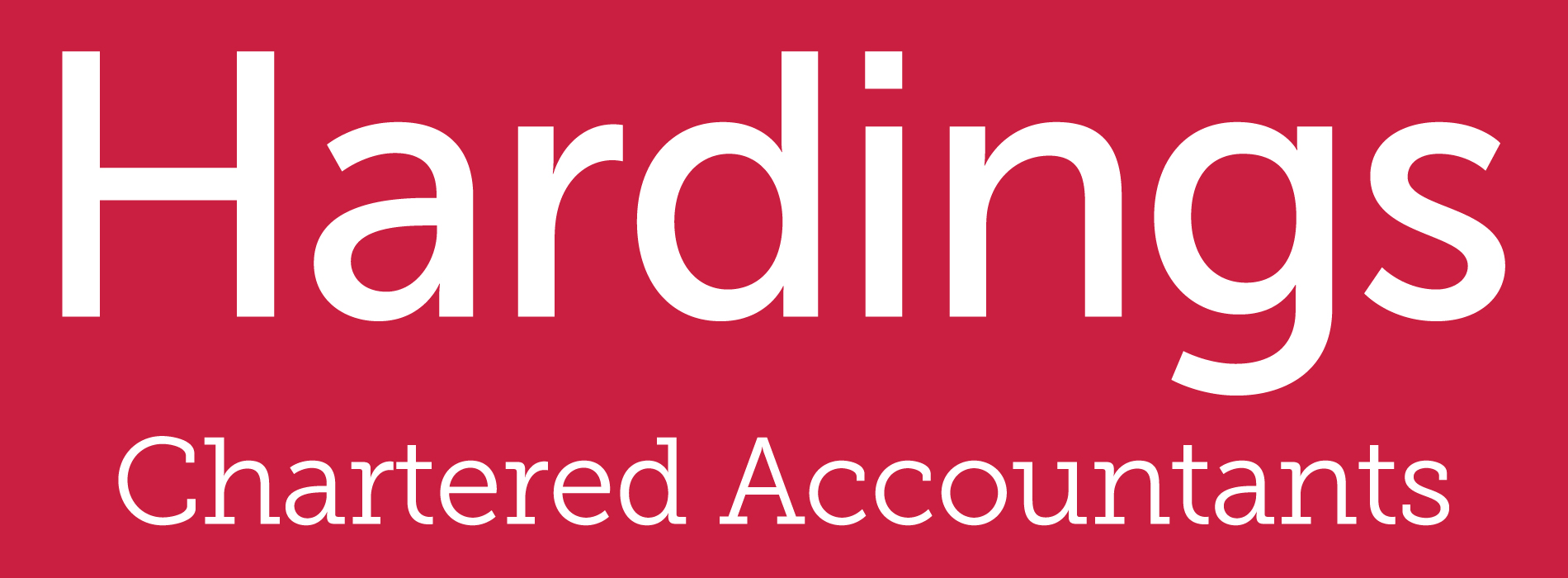We are often asked why a self-employed person is paying so much tax when their drawings from their self-employed business are minimal.
The reason for this is that sole traders and partners (individuals) pay tax on the profits they earn not on the amount of cash they withdraw from their business.
For example, consider Sue, a self-employed electrician, who made a profit of £15,000 in her first year to 31 March 2021. As she also had a part-time employed job in the same year, that covered most of her living expenses, her drawing from her own business amounted to just £5,000.
Sue was expecting to pay £1,000 in tax; 20% of her drawings. She was shocked to receive a statement from HMRC that showed she owed £3,000 (£15,000 x 20%).
During a subsequent conversation with a tax adviser, she consulted to sort out this apparently excessive tax bill, she added that on 15 April 2021 she had invested £10,000 and bought a second-hand van for her business.
Imagine her further dismay when the tax adviser told her that if she had purchased the van a month earlier the £10,000 could have been deducted from her £15,000 profits as a capital allowance (Vans qualify for a 100% deduction under the Annual Investment Allowance rules).
Ironically, this would have reduced her tax bill for 2020-21 to £1,000.
We have sketched out this example to illustrate the value of tax advice. If you are new to business, it is important to consider how your future tax bills will be calculated and when these taxes are payable.
And, as Sue’s experience shows, if she had consulted with an adviser before her 31 March year end and requested advice on the best time to purchase her van, she would have saved £2,000 in tax: an effective 20% discount on her van purchase.
If you are considering a new business venture or have managed your own tax affairs to this point, please call so that we can help you explore any tax planning options that you may have missed.
